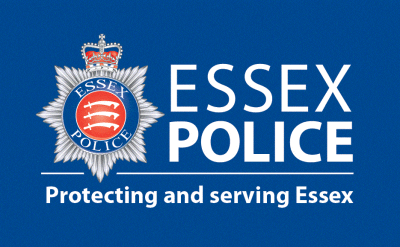 Vishing Fraud Alert
Vishing Fraud Alert
Please be aware of recent fraud activity that is targeting businesses within our Region.
The Fraud
Fraudsters are ringing up company wage clerks/finance directors claiming to be from Barclay’s Fraud department and gaining permission to remotely access the victim’s computer system. This is on the pretence that their business account has been compromised.
The victim opens up the bank account, the fraudster then transfers the money into what they state will be the company’s new, none compromised account. The funds are then automatically distributed in seconds.
Total regional losses have exceeded £1 million.
Protect your company
- Do not be afraid to end cold calls.
- Do not to assume a caller is genuine just because they hold some information about you. Criminals may already have got hold of some basic information about a potential victim, such as a name, address and account details to try to make the call appear legitimate.
- If in any doubt hang up and call the bank yourself on numbers you know are genuine, however be sure to hang the phone up long enough to prevent the fraudster holding the line open.
- NEVER call the bank back on the number the caller provides you.
- The Bank will never call and ask for remote access to your computers or for passwords to access your accounts.
If you are a victim of “Vishing” call Action Fraud on 0300 123 2040 or use our online tool to report the fraud and receive a police crime reference number.
DI 3159 Lee Morton
Serious Economic Crime Unit






